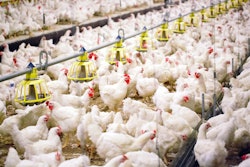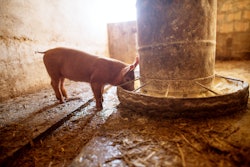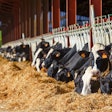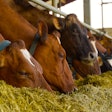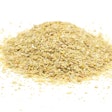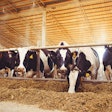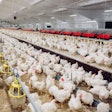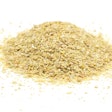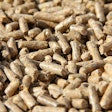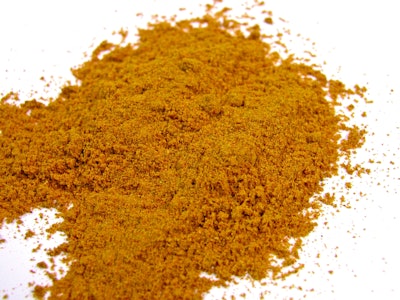
Modern broiler production has undergone a remarkable transformation over the years, with advancements in genetics, nutrition and management practices. One of the key factors contributing to this transformation is the use of additives. The following important additives play a pivotal role in enhancing broiler performance, health and overall productivity.
1. Antibiotics and modern alternatives
Historically, antibiotics were extensively used in broiler production to promote growth and prevent disease. However, concerns over antibiotic resistance and their impact on human health have led to stricter regulations and a shift toward alternative strategies. Probiotics and prebiotics have gained popularity as alternatives to antibiotics, but this position is contended by many other similar products.
2. Enzymes
Enzymes enhance the efficiency of feed utilization in broilers. They include various compounds such as phytase, carbohydrases and proteases. These additives optimize nutrient absorption, leading to faster growth and improved feed conversion ratios, but they do not always work with all ingredients with the same efficacy.
3. Antioxidants
Although hardly acknowledged, antioxidants are essential additives that protect broilers from oxidative stress. As broilers grow rapidly, their metabolic rate increases, leading to the production of free radicals. These free radicals can damage cells and impair the immune system. Common antioxidants used in broiler production include vitamins E and C, selenium and natural compounds such as polyphenols. There are also feed antioxidants that are used to protect sensitive nutrients while feed is in storage.
4. Coccidiostats
Coccidiosis is a common parasitic disease in broilers that leads to poor growth, diarrhea and even death, if left untreated. To combat coccidiosis, coccidiostats are used extensively in broiler feeds. There are two main types of coccidiostats: ionophores and chemical coccidiostats. Ionophores disrupt coccidia’s ability to reproduce, while chemical coccidiostats inhibit the parasite’s metabolism.
5. Acidifiers
Maintaining a healthy gut environment is crucial for broiler performance. Acidifiers, such as organic and inorganic acids, help maintain the pH balance in the gastrointestinal tract. This acidic environment creates an inhospitable condition for pathogenic bacteria while promoting the growth of beneficial bacteria. Acidifiers are the main antibiotic replacement compounds used extensively in monogastric species.
6. Phytogenics
Phytogenics are natural additives derived from herbs, spices and plant extracts – or they can be chemically synthesized. They have gained popularity due to extensive marketing, but their efficacy remains very brand specific. Phytogenic additives often possess antimicrobial, anti-inflammatory and antioxidant properties.
7. Mycotoxin binders
Mycotoxins are toxins produced by molds that contaminate feed ingredients. These toxins pose a significant risk to broiler health and performance. Mycotoxin binders are used broadly to adsorb and neutralize mycotoxins in the digestive tract, preventing their absorption into the bloodstream.

